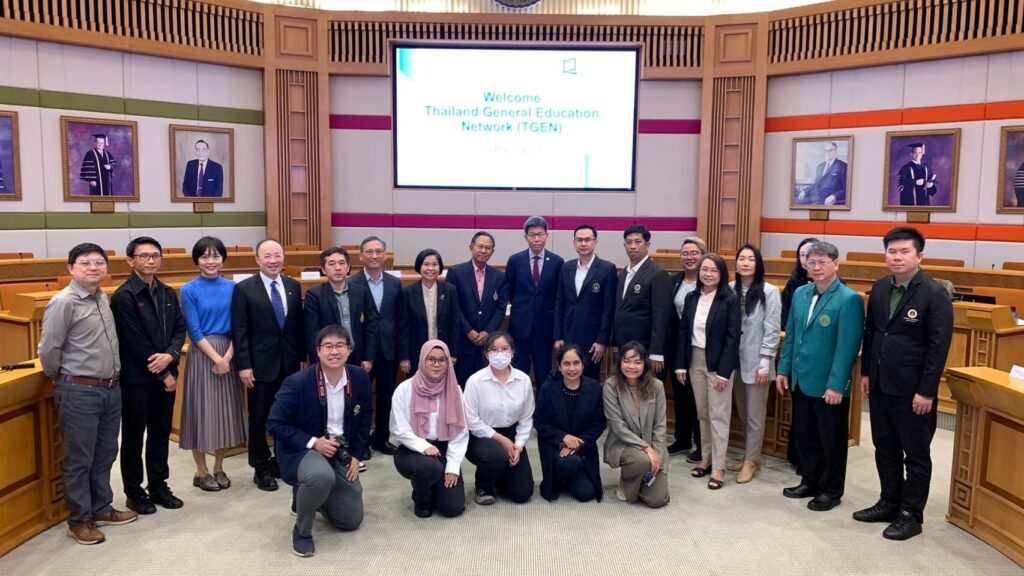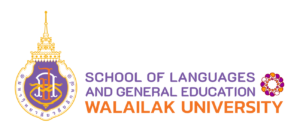
Hong Kong Baptist University (香港浸會大學-; HKBU)
Hong Kong Baptist University (香港浸會大學 – HKBU), established in 1956, is the second-oldest university in Hong Kong. It gained university status and adopted its current name in 1994. In 2017, the university announced its Strategic Plan 2018-2028, aiming to become a leading liberal arts university in Asia. This vision is encapsulated in its mission: “being a leading liberal arts university in Asia for the world, delivering academic excellence in a caring, creative, and global culture.” As of 2024, Hong Kong Baptist University ranks 252nd globally (topuniversities.com, 2024).
The General Education (GE) curriculum emphasizes teamwork and problem-solving skills. The GE courses are structured into three levels as follows:
Level 1: Foundation Courses (9 credits)
These include the following subjects:
- History and Civilization
- Values and the Meaning of Life
- Quantitative Reasoning
Level 2: Interdisciplinary Thematic Courses (6 credits)
This level offers thematic courses across areas such as:
- Culture, Creativity, and Innovation
- Science, Technology, and Society
- Sustainable Communities
Students can choose from 60 interdisciplinary courses within these themes.
Level 3: GE Capstone (3 credits)
This level involves project-based learning that addresses community needs. Students apply their knowledge and skills across disciplines through experiential learning. For example, the Service Learning course allows students to present their work in various formats, including posters, videos, print media, virtual exhibitions, and interactive sessions with student partners, course instructors, and community partners.
Undergraduate Degree Requirements
Students must complete at least 128 credits, comprising:
- University courses: 13 credits
- General Education: 18 credits
- Major courses: 60–67 credits
- Electives: 30–37 credits
The General Education (GE) approach at HKBU is distinguished by its emphasis on holistic education and moral development. It encourages students to engage in reflective thinking and places a strong focus on ethics. The curriculum promotes teamwork, discussions, and active participation in community-based activities, fostering both personal growth and a sense of social responsibility.
One of the interesting aspects of Hong Kong Baptist University is that each faculty can offer General Education (GE) courses that are integrated with the community. During this visit, the Department of History presented the course GCAP3006 Implementation of Service-Learning Engagement through Chinese Storytelling and Writing, which is a service-learning course. In this course, students engage with the community by conducting interviews at a historic condominium, which is about to be demolished.
Students have the opportunity to interact with the residents, most of whom are elderly, and spend months gathering personal stories. Through these interviews and their immersion in the lives of the residents, students develop a deeper empathy and understanding of their emotions. This experience fosters an exchange of knowledge between generations and results in creative works such as books and videos that capture and share the residents’ stories.
In addition, the teaching system at HKBU includes an Academic Consultation Panel (ACP), composed of both external academics (local and international) and one internal co-opted member. The ACP is responsible for reviewing various documents, student work, assessment forms, and conducting interviews with instructors and students. Their role is to provide recommendations for improving the quality of teaching and the General Education courses.
Unlike other courses, there are no final exams in the General Education curriculum at HKBU. Instead, a variety of assessment methods are used. For example, in the Creative Entrepreneurship course, assessments include:
- Case study presentation (individual) – 20%
- Scenario role-play (groups of 5/6) – 20%
- Project pitch play (groups of 5/6) – 10%
- Business plan (individual) – 20%
- Professionalism (individual course journal) – 30%
In grading, no more than 25-30% of students enrolled in General Education courses can receive an A grade.
